The Asia and the Pacific Water Resilience Hub is managed by the Water Sector Group of the Asian Development Bank (ADB). The Water Sector Group works with ADB’s operational departments, leveraging knowledge to maximize development impacts in the region. With a $26.1 billion lending portfolio of water projects from 2011 to 2021, unrivaled regional convening power, and a demonstrated ability to mobilize investments from leading development partners, ADB is the region’s leading catalyst for water security and resilience.
ADB is working to ensure water security and resilience by supporting inclusive, resilient, sustainable, and well-governed services delivery and resource management. ADB supports its developing member countries in achieving water-related Sustainable Development Goals, including resilience to climate change, access to basic water and sanitation, increased food security, rural revitalization, gender equality, improved health, and a better environment.
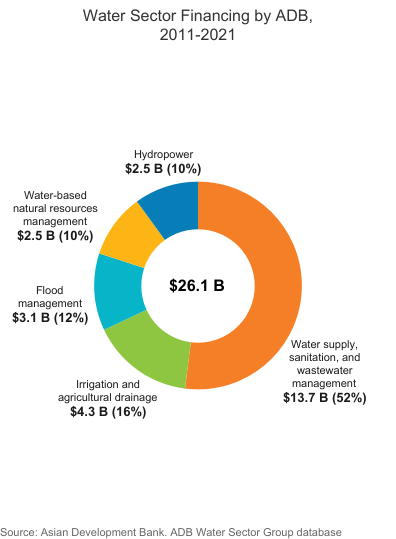
Recent Initiatives Toward Mainstreaming Water Resilience
Asia and the Pacific is the most disaster-prone region in the world. Resilient water management is central to achieving climate adaptation, managing and better preparing for natural and public health threats, and addressing water scarcity issues. The guidance note on Mainstreaming Water Resilience in Asia and the Pacific provides specific actions and tools for scaling-up and mainstreaming resilience in the water sector operations of ADB based on six pillars:
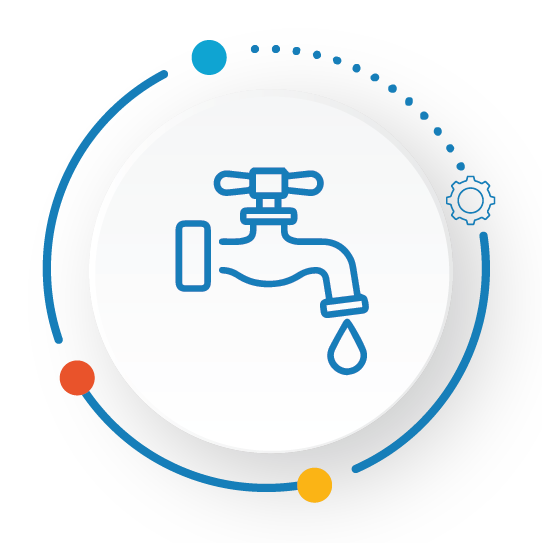
Demand for Resilient Water Investments
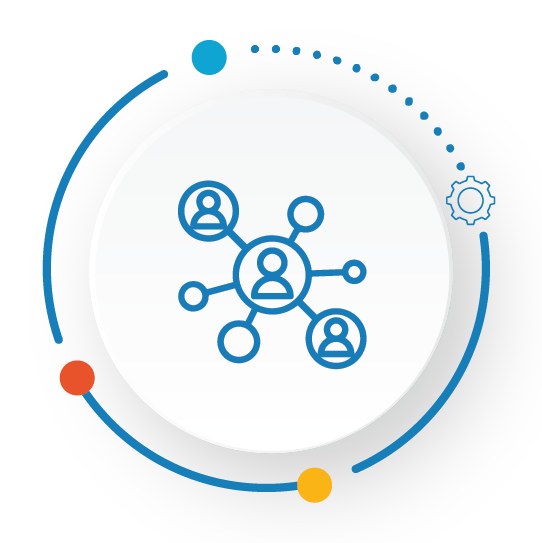
A Community Approach
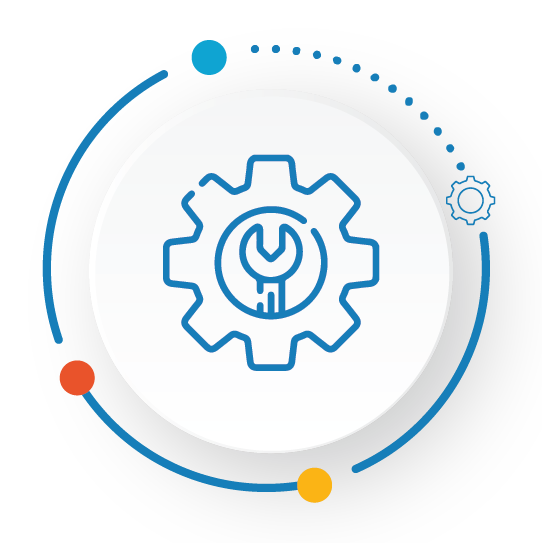
Strengthened Staff Capacity
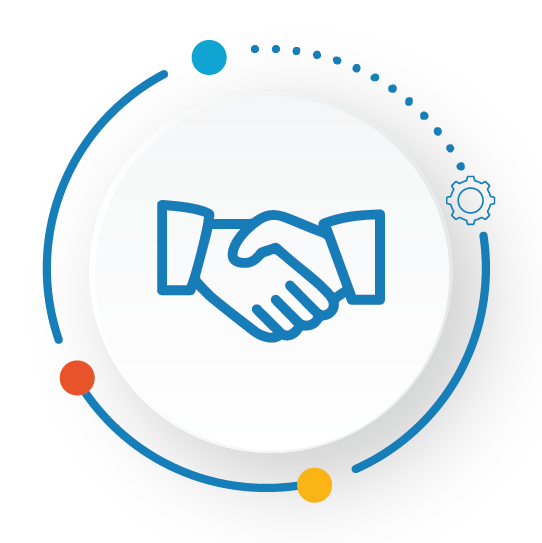
Knowledge, Innovation, and Partnerships
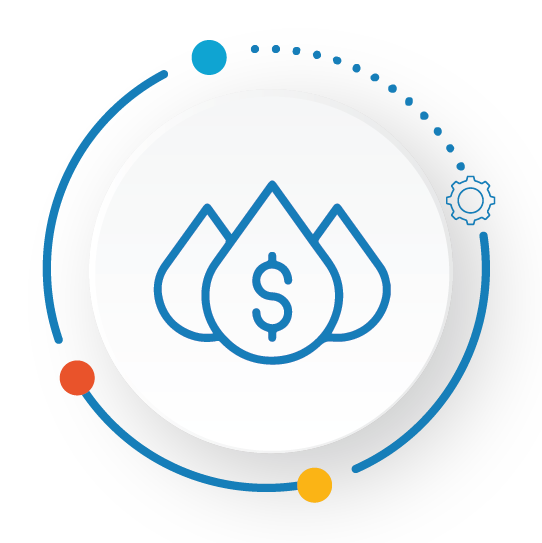
Finance for Water Resilience
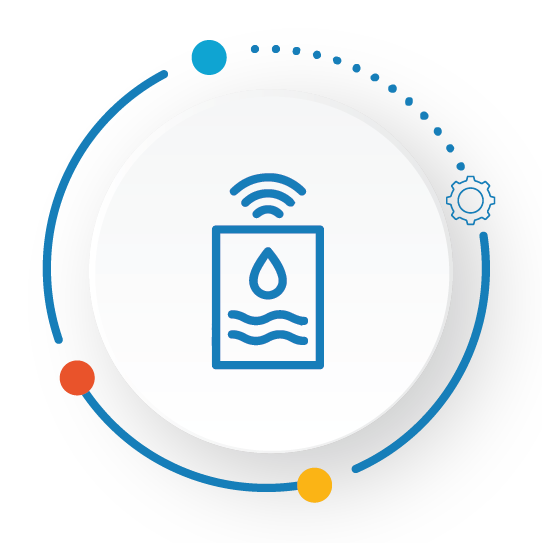
Digitalization
"RUWR: aRe yoU Water Resilient?" is a bottom-up initiative tailored to the individual needs of water entities and policy makers in ADB’s developing member countries. It aims to bring about a transformational shift toward water security and resilience in these countries through a collaborative approach among partners and stakeholders.
Download the BrochureADB’s $5 million regional knowledge and support technical assistance (TA) on Mainstreaming Water Resilience in Asia and the Pacific is designed to build the capacity of ADB’s developing member countries to enhance water security and resilience by:
- supporting increased climate resilience in water projects, programs, and policies by facilitating a shift toward climate-resilient and low-carbon development, and
- helping build the capacity of developing member country clients to use information and communication technology, digital and remote sensing technologies, and innovations.
The Asia and the Pacific Water Resilience Hub has been developed though this cluster TA, which is financed by the Climate Change Fund, the Japan Fund for Poverty Reduction, and the Republic of Korea e-Asia and Knowledge Partnership Fund.
ADB’s Water Organization Partnerships for Resilience (WOP4R) Program is an initiative focused on building the capacity of water utility operators, irrigation operators, water regulatory agencies, river basin associations, coastal authorities, and other organizations involved in water and sanitation planning and management to complement engineering and technological advancements.
This knowledge sharing, experience-based twinning platform brings together experienced and efficient water organizations to mentor other water entities (recipients) on specific aspects of their operations. These organizations and recipients collaborate to address objectives such as improvements in asset management practices, fecal sludge management, and business planning for financial sustainability.
WOP4R builds on ADB’s successful Water Operators Partnership program that has supported at least 80 partnerships in 21 countries in Asia and the Pacific since 2007, with about $1.1 billion in investments in water supply and sanitation.
WOP4R aims to help water organizations tackle the challenges of increasing climate change and natural hazard risks and better prepare for the future by becoming more sustainable, inclusive, and resilient. WOP4R brings additional value in influencing project design. Water and sanitation utilities are at the forefront of a city’s overall development. Similarly, irrigation associations are critical to the efficient allocation of water to support agricultural production and food security. Infrastructure investments in water can only serve their purpose if assets are properly conceptualized, operated, and maintained. There is opportunity to improve these aspects through a twinning program, wherein partnerships are directly linked to investment programs.